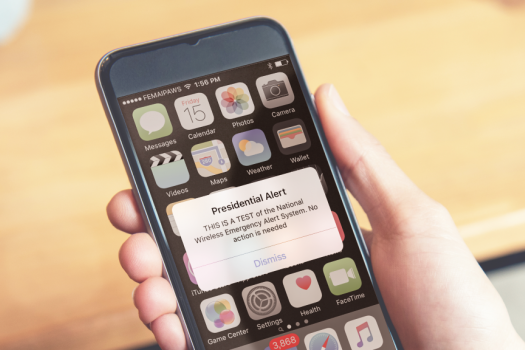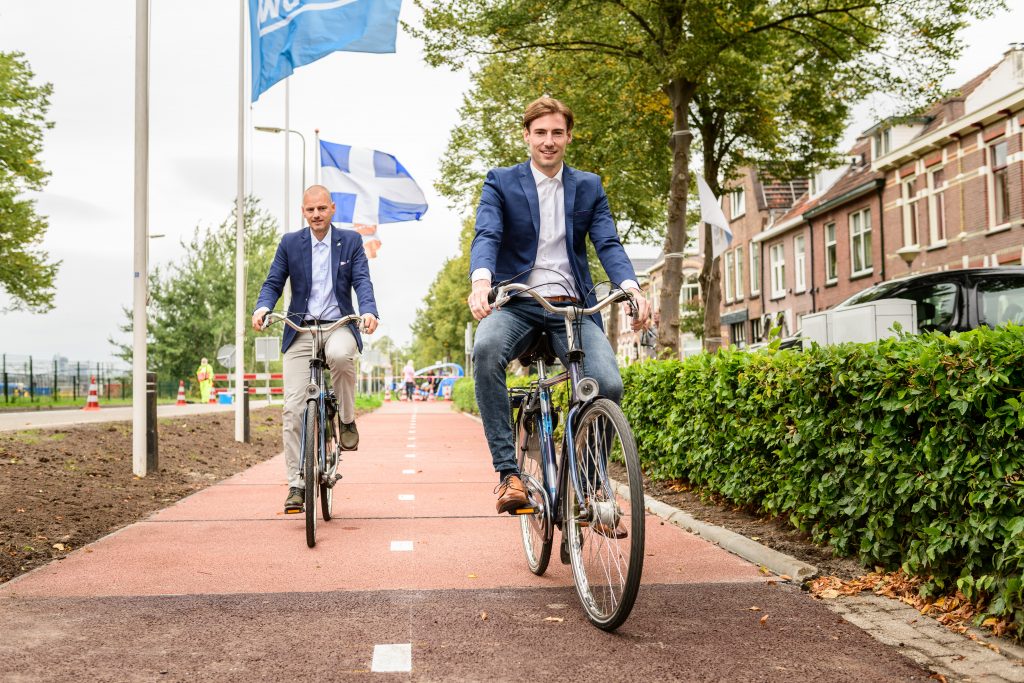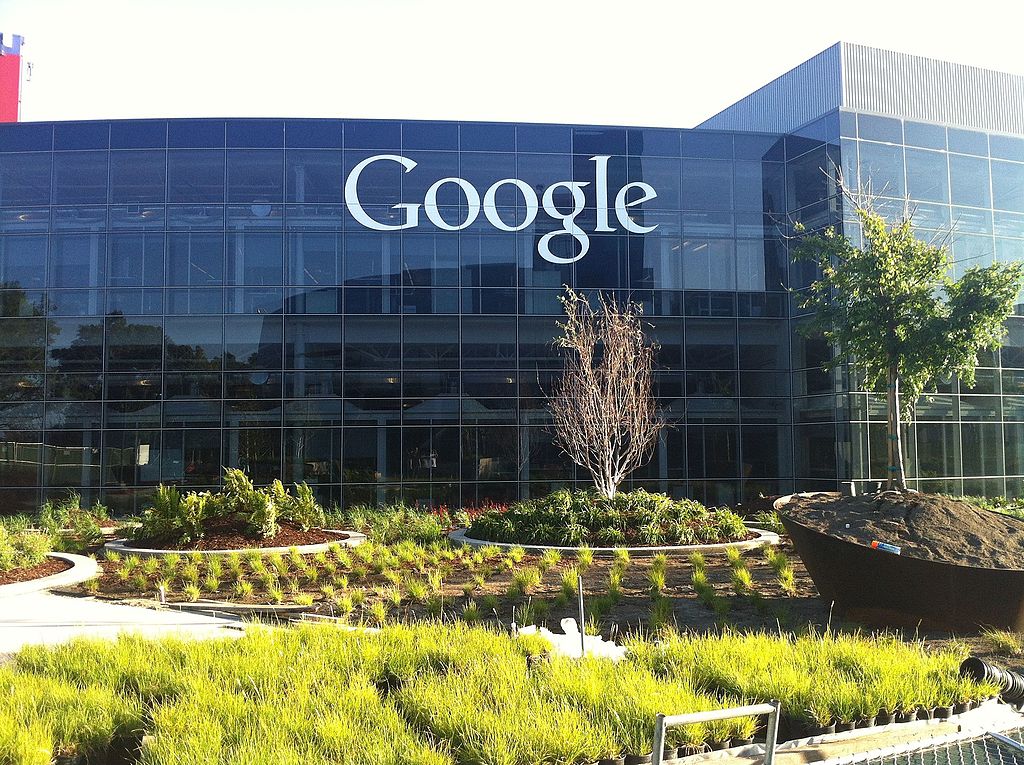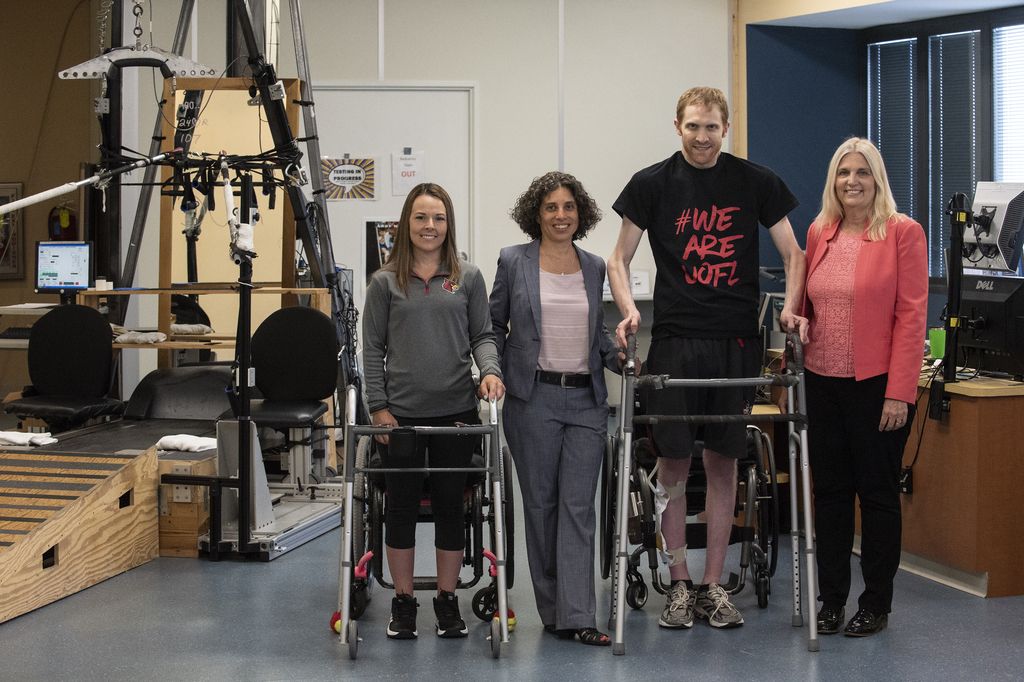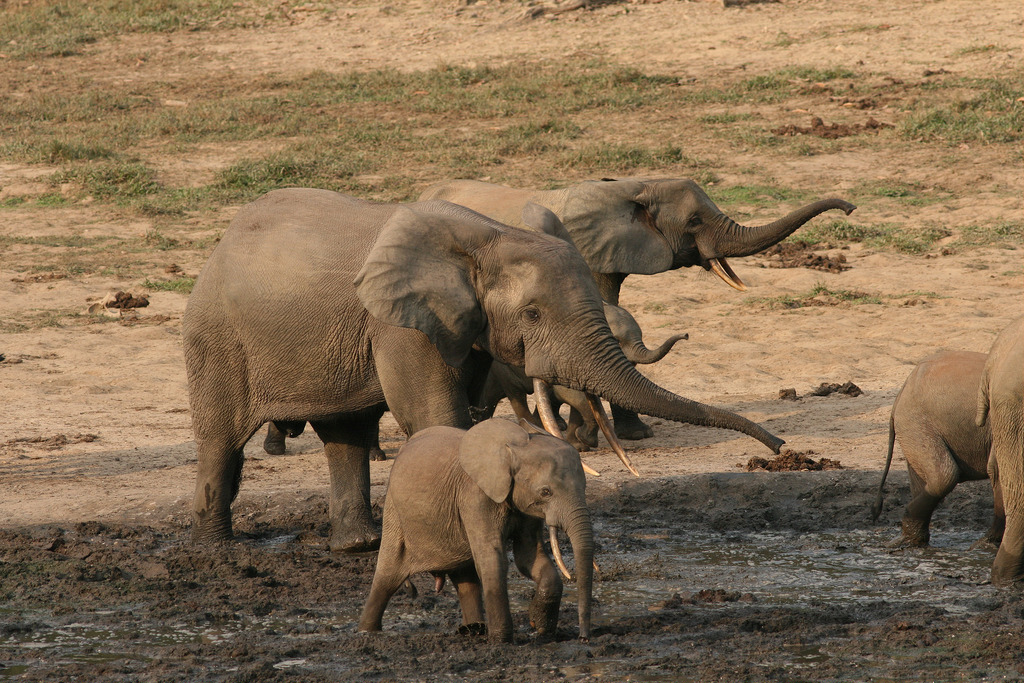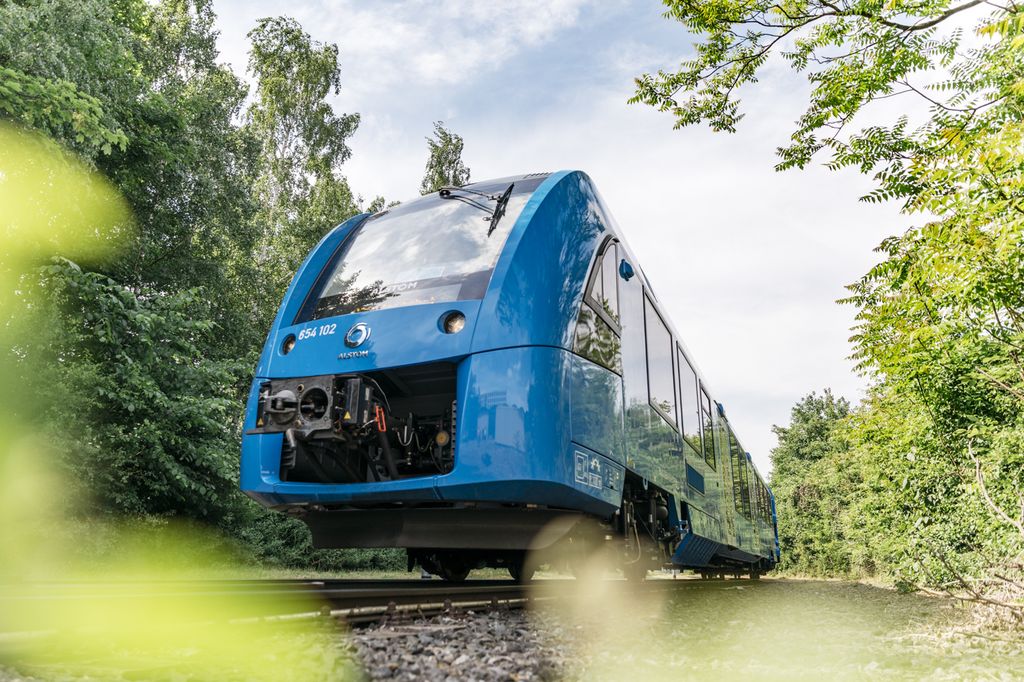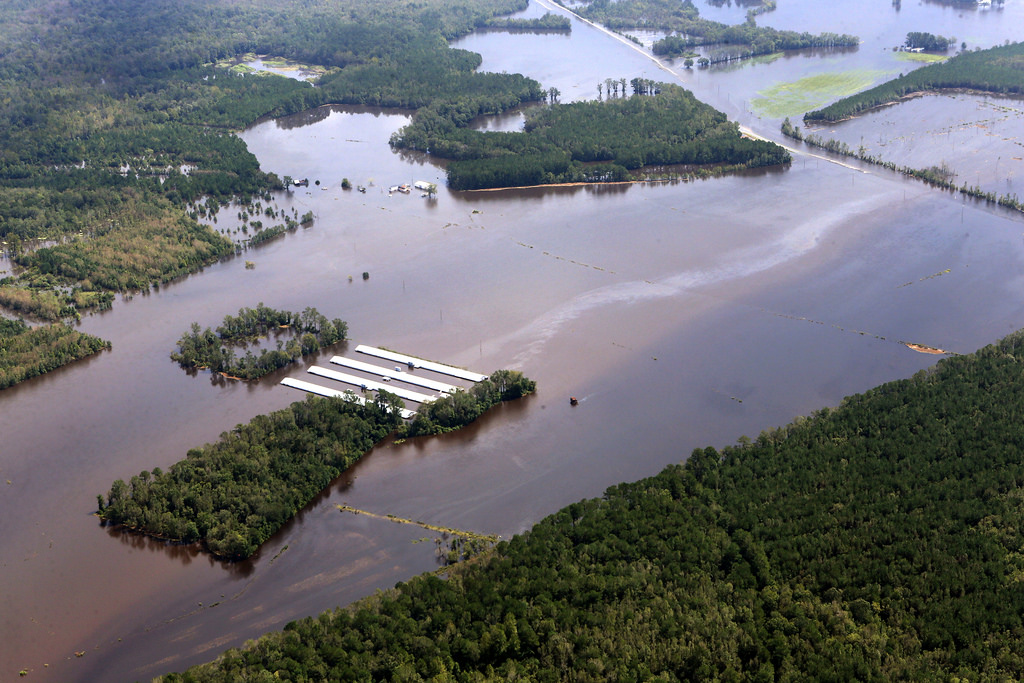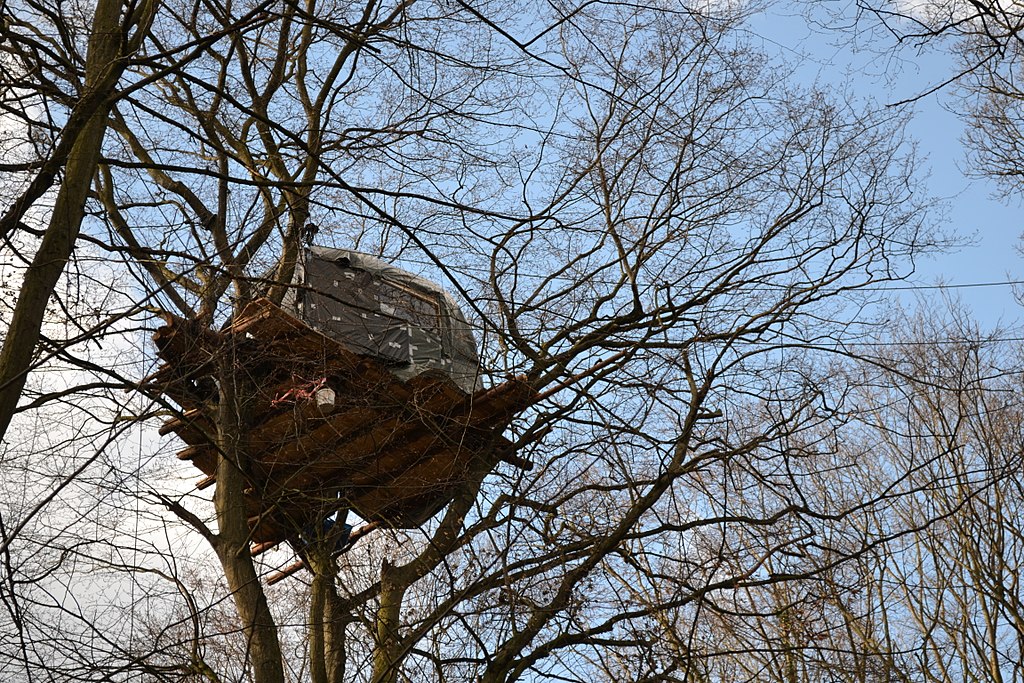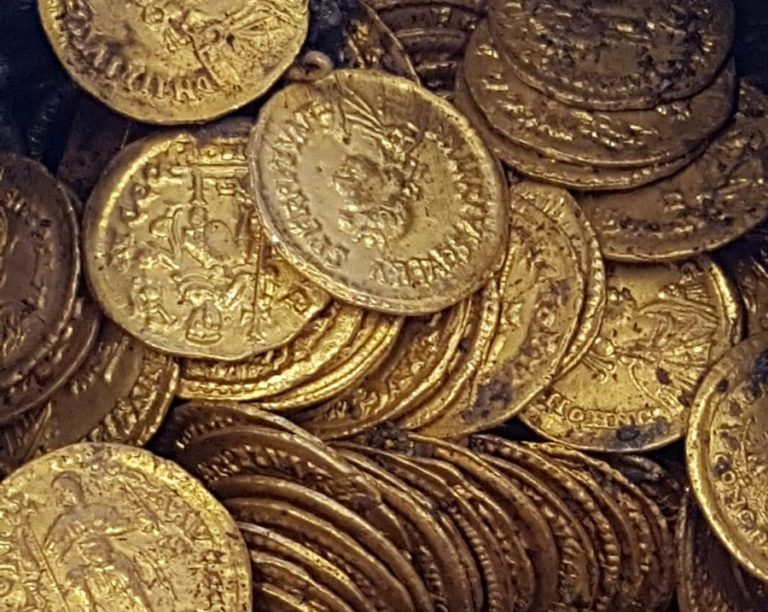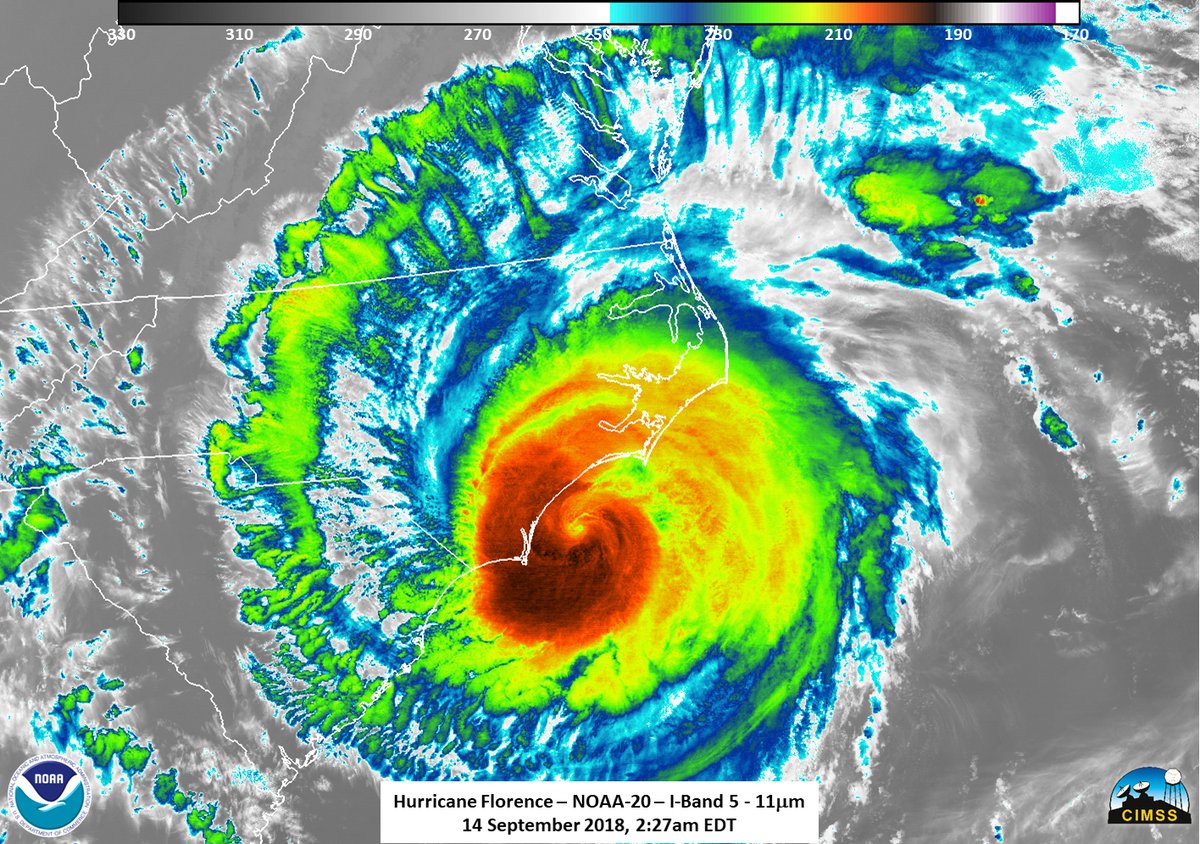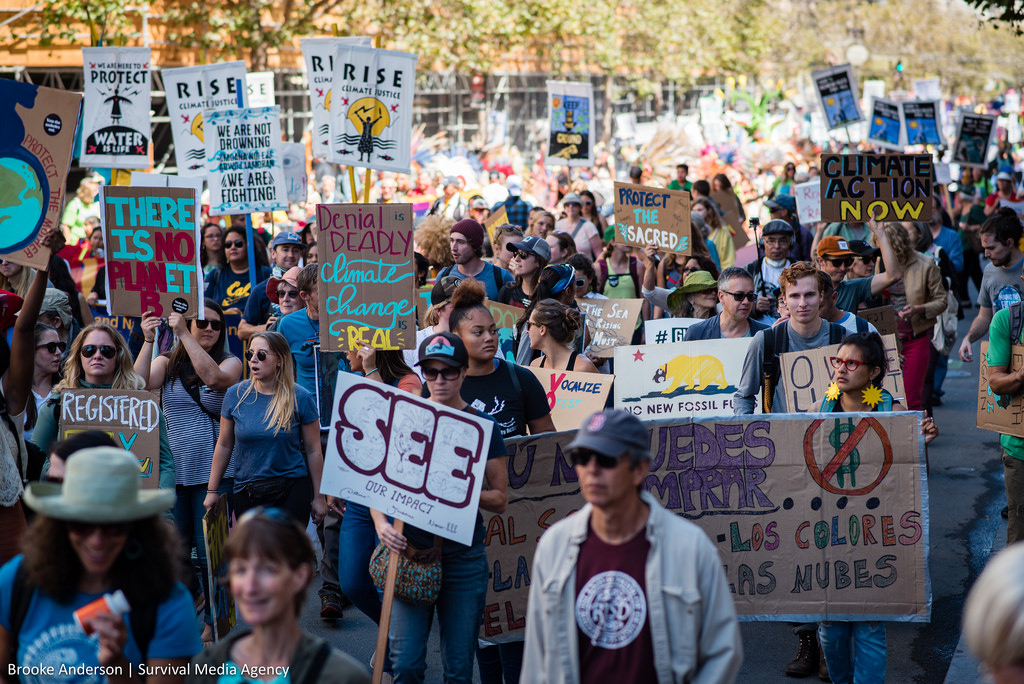If you've got a cell phone, and you're in the US, you'll probably get a text message from the president today. The US is testing a presidential emergency alert service.
Published in “Science”
In 2015, two inventors had an unusual idea - what if you recycled plastic, and turned it into a road? The world's first plastic bike path is now testing their idea.
For many people around the world, Google and its businesses affect almost every part their daily lives. Twenty years ago, it didn't even exist. How has it grown so much?
After someone hurts their backbone, they are often unable to walk. Now, scientists have used electrical signals to help people with spine damage begin to take steps again.
About 40,000 elephants and 1,000 rhinos are killed for their tusks and horns every year. Now scientists are using DNA tests to help find the criminals and send them to jail.
The world's first hydrogen trains have begun running in Germany. The trains make almost no noise and they run without polluting. Instead, they give off steam.
As flood waters from Hurricane Florence keep rising in North Carolina, pools of dangerous hog waste, stored on large animal farms, have begun to leak pollution into the state's rivers.
For around six years, protesters have been living in tree houses, trying to protect what's left of Germany's Hambach Forest. Now, as police work to remove them, more protesters are arriving.
Workers in Italy, who were busy tearing down an old theater, found a surprise waiting for them in the basement. A 1,500 year old stone jar full of gold coins.
Two huge ocean storms that scientists have been tracking for days have finally hit land. Hurricane Florence hit the east coast of the US and Super Typhoon Mangkhut struck the Philippines.
People around the world react in different ways to the global threat of climate change. Some people work to fix the problem, some protest for more action, and some act like there's no problem at all.

